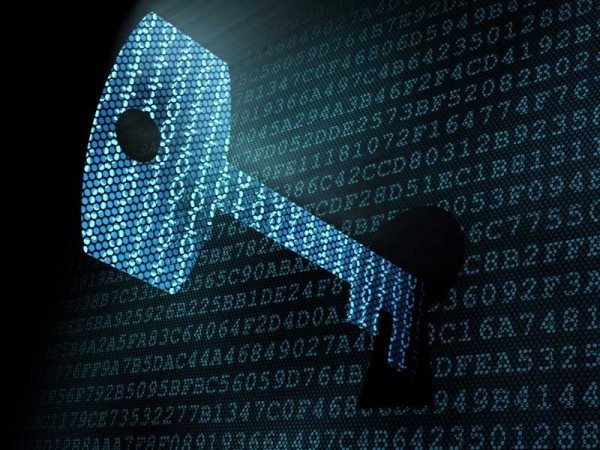Quantum computing promises to open doors to many exciting technological possibilities. Quantum Cryptography is one such application area that could benefit greatly with advent of quantum computers and help make transactions secure. Perhaps the greatest benefit of quantum computing can bring to the table is securing the Internet of Things where quantum cryptography could find widespread use.
The mainstream encryption technologies that institutions rely on to conduct millions of daily transactions on the Internet would be a cakewalk for quantum computers to break, experts opine. The reason is that breaking the encryption requires intense computation power, which is way beyond today’s digital computers’ capabilities. However, quantum computers will bring about a paradigm shift to a computer’s computational power, increasing it exponentially; this will make cracking even the most sophisticated encryption mechanism a child’s play for a quantum computer. This indeed sounds like a genuine threat, but technology could be leveraged either way and that’s true for quantum computing. Currently, the focus of quantum computing is to help security analysts in a number of ways: from identifying security incidents to identifying and categorizing the incidents as actual threats.
Quantum computers, when they do become a reality, will thus render current cryptographic standards obsolete. If quantum computers appear as a viable technology tomorrow, there would be precious little alternative and acceptable means for securing our online and wireless transactions.
RSA is a widely used public-key encryption algorithm. In a nutshell, here’s how RSA operates. To use RSA, two keys are required: a public key to encode the message and a private key to decode the message. A user creates and publishes a public key. Anyone can use this public key (hence the name public) to encode a message. The public key is the product of two large prime numbers. The prime factors are kept secret which is used to decode the message. Using the public key, anyone can encode a message meant for that user. However, only the user can decode the message by using the private key, which again is based on the secret prime factors. The integrity or robustness of RSA encryption is directly dependent on recovering the prime factors when only the multiplicative product (on which public key is based) is known.
Encryption methods and algorithms are continuously being upgraded to make them more complex and harder to break. It’s a catch-up game where cryptographers always try to be one step ahead of hackers who always seek to break the encryption. Quantum computing changes the whole scenario. The algorithms considered today extremely sophisticated and complex would be ridiculously simple for quantum computers to break. This mandates a complete overhaul of online encryption algorithms. The efforts in developing such algorithms suited for the quantum computing world are known as Post-Quantum Cryptography.
Read more on IoT Practitioner.


















